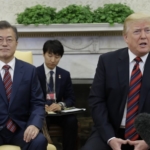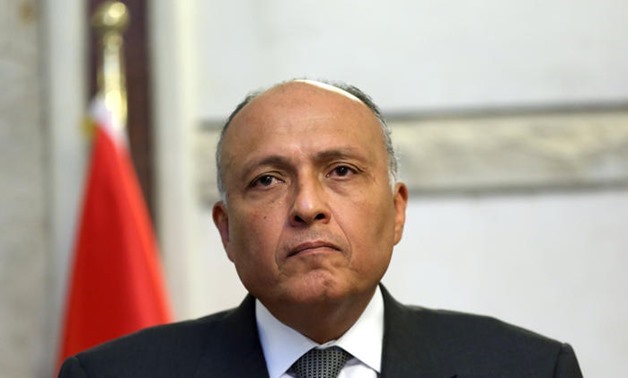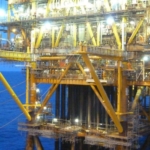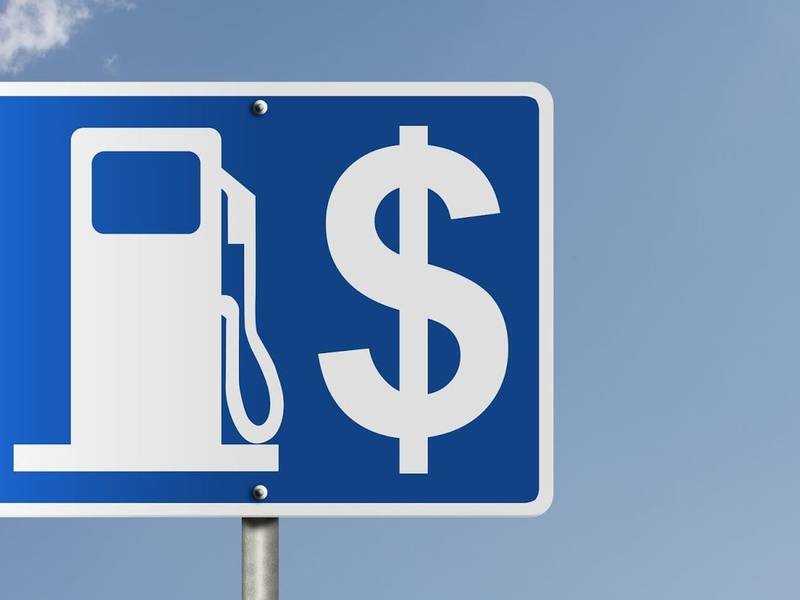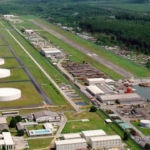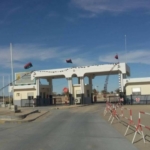Russian destructive impact on the economy of Ukraine

Starting from the date of Ukrainian-Russian conflict it is not secret for anyone, that the Russian Federation leverages every opportunity to wage its trade and economic war against Ukraine. Russia continues to use financial pressure, energy blackmail, transit and transport blockade, ousting Ukrainian producers from traditional markets, discrediting our companies on international markets, investment penetration into Ukrainian markets via front firms. There is data that the Russian Federation has developed a “register” of Ukraine’s so-called “pressure points”, the main purpose of which is to inflict the greatest possible damage to the economy of our country. The central place in the lists is occupied by the flagships of domestic industry, Ukrainian ports and transport infrastructure, fuel and energy companies, the defense industry. Keep Reading







